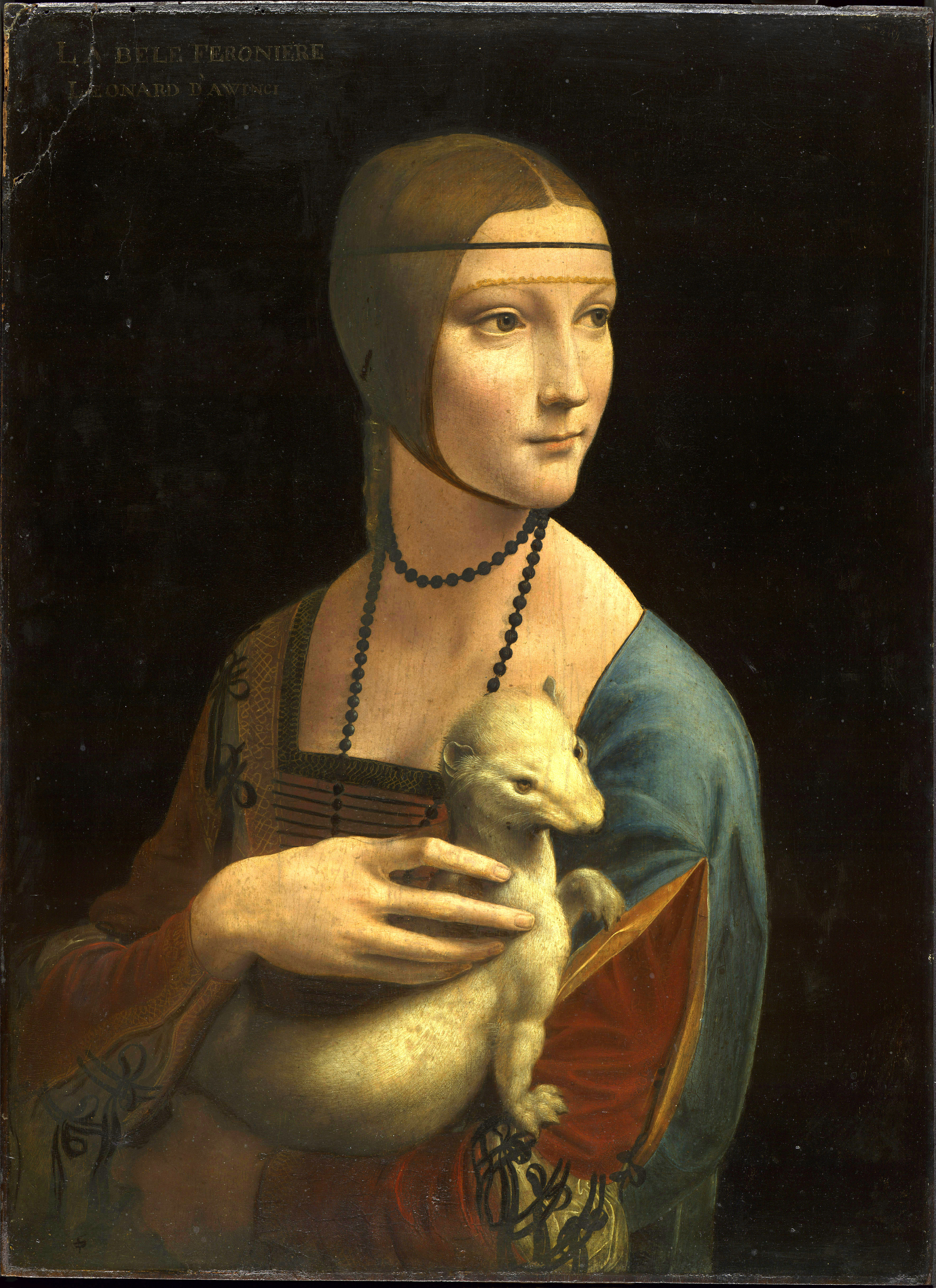Those were some of the rather surprising findings reported by Fredinah Namatovu and colleagues [1] (open-access) following their pretty well-powered study covering "1 912 204 children born between 1991 and 2009, 6 596 of whom developed CD before 15 years of age" living in Sweden. With the aim of exploring "how conditions related to maternity, delivery and the neonatal period influence CD onset during childhood" quite a few variables were thrown into the statistical mix with some rather interesting results. Indeed, researchers also reported that: "High maternal age and high income reduced the risk of CD, which might be due to infant-feeding practices and life style."
Aside from the rather large participant numbers included for study "based on the entire child population in Sweden born during between 1991 and 2009" Namatovu et al were also able to accumulate enough cases of CD so as to ensure "high precision in [their] estimates and enabled adjustment for several variables." Said CD cases were also rigorously confirmed, being "identified through the Swedish National Childhood CD Incidence Register reported from all paediatric departments across the country."
The idea that although there is a pretty well-defined course of genetic and biological events tied into CD (see here) onset might also be moderated by some impact of those trillions of wee beasties that call us home (the gut microbiome) for example, is not a new one. I've already covered the peer-reviewed idea that antibiotic use potentially 'altering' the gut microbiome might have implications for CD on this blog (see here). I note also that a recent review by Simon Murch [2] also mentions a possible role for the gut microbiome too, and with it the requirement for greater scrutiny of this important organ [3]. This all falling under the general suggestion that antibiotics during infancy 'might change their gut microbes for years'.
"In future, preventive strategies could benefit by taking measures to prevent gut dysbiosis." Further: "Reduced prescription of antibiotics is one way that would also work to counteract the enormous problem with development of bacterial resistance to antibiotics. Promoting normal delivery would also be in line with goals in the field of maternal and child health." I, personally, would like to see a little more investigation done on such variables before anyone jumps to too many conclusions. The jury is for example, currently out when it comes to infant feeding and risk of CD [4] on the basis of the suggestion by Namatovu et al that: "older mothers are more likely to practise prolonged and exclusive breastfeeding." There is slightly more support for the idea that a child's mode of entry into the world might influence the development of CD [5] but the absolute risk seems to be rather small.
----------
[1] Namatovu F. et al. Maternal and perinatal conditions and the risk of developing celiac disease during childhood. BMC Pediatrics. 2016;16:77.
[2] Murch S. Recent Advances in Celiac Disease. Indian J Pediatr. 2016 Jun 8.
[3] Baquero F.& Nombela C. The microbiome as a human organ. Clin Microbiol Infect. 2012 Jul;18 Suppl 4:2-4.
[4] Silano M. et al. Infant feeding and risk of developing celiac disease: a systematic review. BMJ Open. 2016 Jan 25;6(1):e009163.
[5] Mårild K. et al. Pregnancy outcome and risk of celiac disease in offspring: a nationwide case-control study. Gastroenterology. 2012 Jan;142(1):39-45.e3.
----------

No comments:
Post a Comment
Note: only a member of this blog may post a comment.